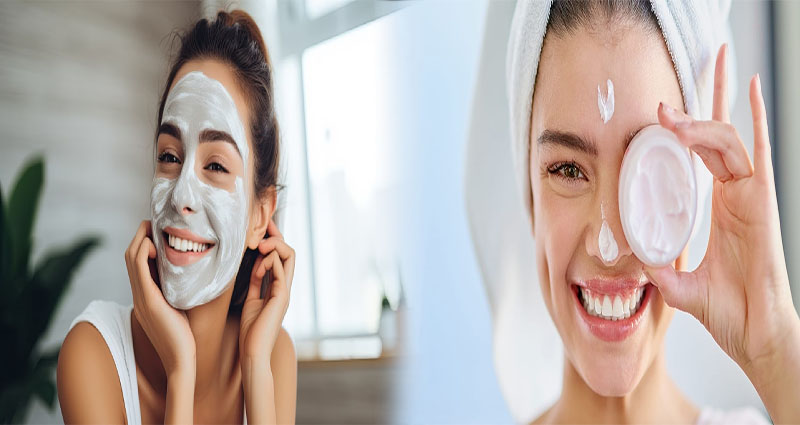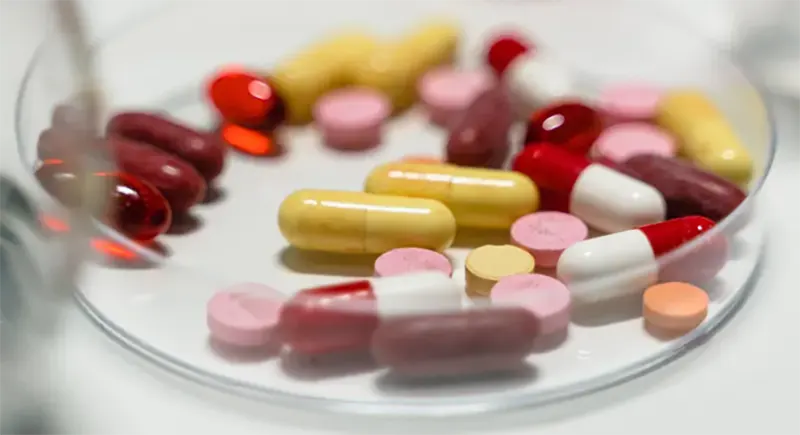Essential Healthcare Screenings for Single Women
Taking care of your health is a crucial aspect of self-care, especially for single women who may not have a partner to remind them or accompany them to medical appointments. Regular healthcare screenings are essential for early detection and prevention of potential health issues. As a single woman, prioritizing preventive care can help you maintain optimal health and well-being. Here are some essential healthcare screenings that every single woman should consider:
1. Pap Smear and Pelvic Exam
- Regular cervical cancer screenings, such as Pap smears, are recommended for women aged 21 to 65.
- Pelvic exams are essential for detecting abnormalities in the reproductive organs and monitoring overall gynecological health.
2. Breast Cancer Screening
- Clinical breast exams and mammograms are recommended for women starting at age 40.
- Perform regular breast self-exams to check for any changes or abnormalities in your breast tissue.
3. Blood Pressure Screening
- Regular blood pressure checks are
Healthy Lifestyle Habits for Single Women
Maintaining a healthy lifestyle is essential for single women who are navigating life independently. Embracing healthy habits not only enhances physical well-being but also contributes to emotional and mental balance. Here are some key lifestyle habits that can support single women in leading a fulfilling and vibrant life.
1. Balanced Nutrition
- Prioritize a balanced diet rich in fruits, vegetables, whole grains, lean proteins, and healthy fats.
- Opt for regular, portion-controlled meals and healthy snacks to keep energy levels steady throughout the day.
- Consider meal prepping to ensure that nutritious options are readily available, even during busy days.
2. Physical Activity
- Incorporate regular physical activity into your routine, whether it’s through gym workouts, outdoor activities, dance classes, or yoga sessions.
- Find an exercise routine that aligns with your interests and schedule to make it a sustainable part of your lifestyle.
- Consider taking evening walks or morning jogs as a way to
Health and Fitness Routines for 25-Year-Old Women
Maintaining a healthy lifestyle in your mid-twenties is crucial for laying the foundation of a strong and fit body for years to come. As a 25-year-old woman, now is the perfect time to establish healthy habits that will benefit you in the long run. Incorporating a balanced mix of exercise, nutrition, and self-care can help you achieve your health and fitness goals.
1. Regular Exercise Routine
- Aim for at least 150 minutes of moderate-intensity aerobic exercise per week, such as brisk walking, running, or cycling.
- Incorporate strength training exercises at least two days per week to build and maintain muscle mass.
- Try mixing up your workouts with activities like yoga, Pilates, or dance classes to keep things interesting.
2. Balanced Diet
- Focus on consuming a variety of nutrient-dense foods, including fruits, vegetables, whole grains, lean protein, and healthy fats.
- Stay hydrated by drinking plenty of water throughout the day.
- Limit
Hydrating Face Masks for Dry Skin in Women
Dry skin can often be a common concern, especially for women, leading to dullness, flakiness, and discomfort. Hydrating face masks can provide a nourishing boost of moisture to help revive and rejuvenate dry skin. Here are some effective hydrating face masks specifically designed to address dry skin in women:
1. Sheet Masks
- Hydrating Ingredients: Look for sheet masks infused with hydrating ingredients such as hyaluronic acid, glycerin, and aloe vera to replenish moisture in the skin.
- Convenient and Easy to Use: Sheet masks are convenient and easy to apply, making them a quick and effective way to hydrate dry skin.
2. Cream Masks
- Rich and Nourishing: Cream masks are formulated with rich and nourishing ingredients like shea butter, avocado oil, and vitamin E to deeply moisturize and soothe dry skin.
- Ideal for Overnight Use: Apply a thick layer of cream mask before bedtime to allow the skin to absorb the
Persatuan Ahli Farmasi Indonesia and the Development of Traditional Medicines
The Persatuan Ahli Farmasi Indonesia (PAFI) plays a pivotal role in the advancement and standardization of pharmaceutical practices in Indonesia. A notable aspect of their work involves the development and integration of traditional medicines into modern healthcare frameworks. This endeavor reflects a commitment to preserving cultural heritage while enhancing therapeutic efficacy through scientific validation. pafipcngamprah.org
Integration of Traditional Medicine into Modern Practices
Traditional medicine has long been a cornerstone of Indonesian healthcare, drawing from a rich tapestry of indigenous knowledge and practices. The Persatuan Ahli Farmasi Indonesia has recognized the significance of these practices and is dedicated to bridging the gap between traditional remedies and contemporary pharmaceutical standards. By integrating traditional medicine into modern practices, PAFI aims to create a more holistic approach to healthcare that respects cultural traditions while adhering to scientific rigor.
Research and Scientific Validation
One of the primary roles of the Persatuan Ahli Farmasi Indonesia in … READ MORE ...












